Joya Lonsdale’s My Mouth is Open to All Rivers opens with an ars poetica worthy of its dedicatee, Pablo Neruda. With her leading poem I cannot reside, unentangled, Lonsdale declares straight off her astonishing adhesion to all life’s stuff of edge and dream, and in a poem so easeful in its arching ambition, so lyric in its insistent indictment of our complicit crimes, that the reader is willingly enfolded in the soft creases of our (as she must see it) conjoined natures, and basking there, little suspects that within the mutable frame of these short and short-lined stanzas lie buried pungi stakes of inescapable fact. . . . massacres, unfettered by blood . . .births, fevers. Lonsdale says: I have cravings. and Lightening strikes me in places. She won’t say where.
But star-borne, yes, we are, and of the rocks and air, and as much of blood; but contradistinctwise, deprived by desire, depraved even, in result, and not just to the strange, but too, toward family and friend; we lament, can we escape ourselves, this world? Again, Lonsdale says it better and more plainly:
. . .
Sometimes, I admit
I become
empty of
breath and
long to
run away , untethered
by hands and feet.
I grow tired of my skin.
But the world wants, it wants us, it clings with persistence, insists on our attention:
News accelerates my pulse . . . and things won’t leave me alone . . .
An amoeba declared to be seeking a witness perhaps might rouse resistance in some readers (one must presume such assertion is speculative), but more realistically:
. . .
A grasshopper lands on my chest,
presenting his perfect form. . .
When, simply:
. . .
Because I have ears
two girls on a bus look at me and erupt into song.
I am with her 100%, feeling the pulling too, which runs both ways now, so that:
. . .
Because my mouth waters
a fresh raspberry lands on my tongue
echoing the volume’s title nicely, almost subliminally. But for all that: . . . the world doesn’t give up easily: and never changes its nature, the implication of course extending as well to ourselves, so that just as:
. . .
The ocean insists on crashing into rocks, and smelling salty.
By the time Lonsdale states explicitly in the last line of her penultimate stanza:
I cannot escape the sand inserting itself coarsely between my toes.
I wish heartily that line had been the poem’s last.
Lonsdale says lastly:
I am here
clothed in human flesh
and I love.
But how well already we know that, and nearing only the end of the first poem in a volume that really does astonish with its gifts. There are quibbles one can make, and I’ll pass on a few. But the strengths here are legion: Lonsdale’s Dickensonian (that’s Emily) facility with the lyricism of the short, chopped line is unerring. While I would wish on this emerging poet longer lines simply to multiply the imagination which would emerge, and as if at no price, there is distinction in approaching perfection, and this sharp study of syllables rolls and punches as if crossing Carolyn Forché with William Carlos Williams, Mark Strand with Sharon Olds.
Lonsdale’s facility with enjambment even can cover the occasional awkward construction; breaking unentangled / from conceals it, perhaps even from the poet, just as the selfsame awkwardness can be found in that last clause of mine, semi-concealed by the words separating conceals and from and the handy bridge of a comma.
And I really must sink to the petty here, otherwise how to inject objectivity into a what must sound almost hagiographic: Taken up (I’m supposing) by the genuine cosmic symmetry she’s extracting, this poet occasionally lets a lazy word in. However, looking hard, I find only two candidates possibly needing extra duty : a fresh raspberry and sea smelling salty.
More often, the best effects of what has often been called “plain speech” prevail. So effectively that words or phrases that would ordinarily just pass for tired abstraction seem to take on new life and get up and walk with their new found power: civil wars, love affairs, massacre, love.
Lastly, the most singular quality advancing the heady, sensuous charm of this slim volume lies in the measured restraint felt in these poems’ sure muscularity. The small-scaled specifics draw one in as a lover, a friend close enough to touch, to lie beside, or dream to be near.
--Rick Skogsberg, 01.24.2009

























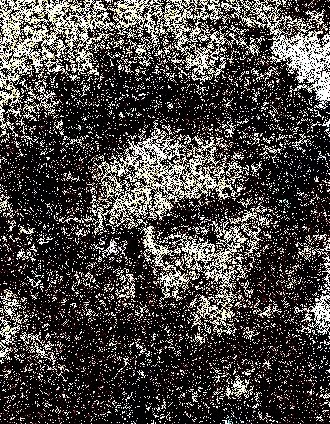






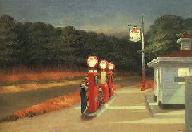






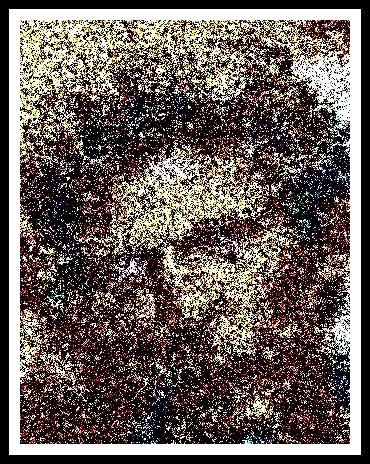
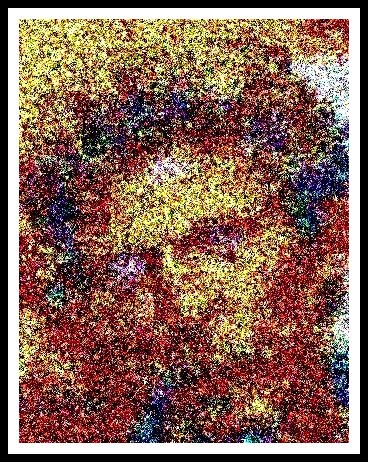
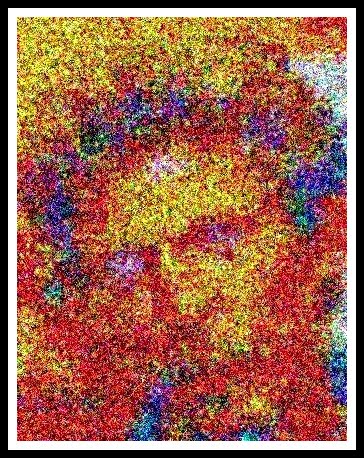







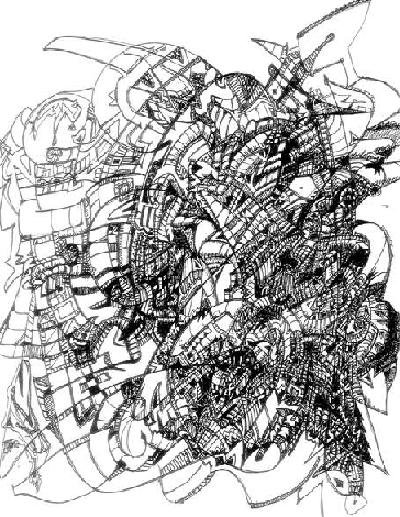

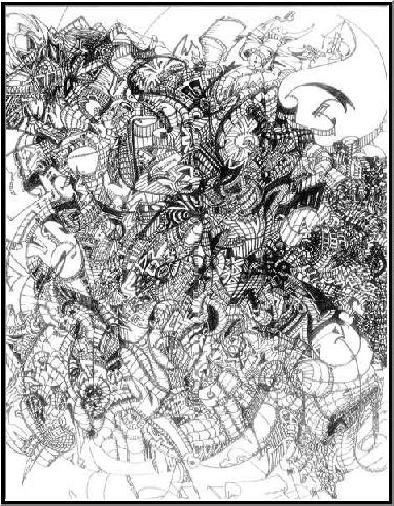
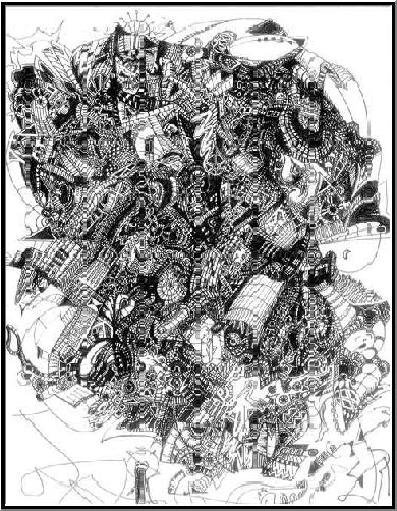
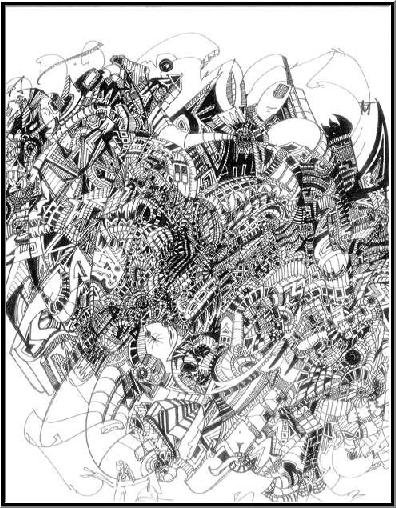




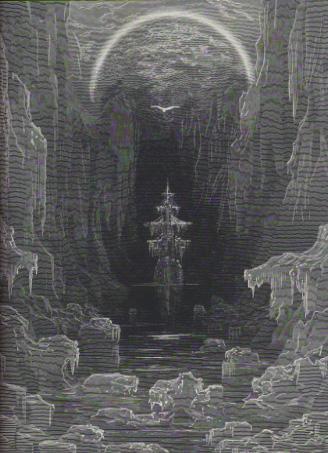

No comments:
Post a Comment